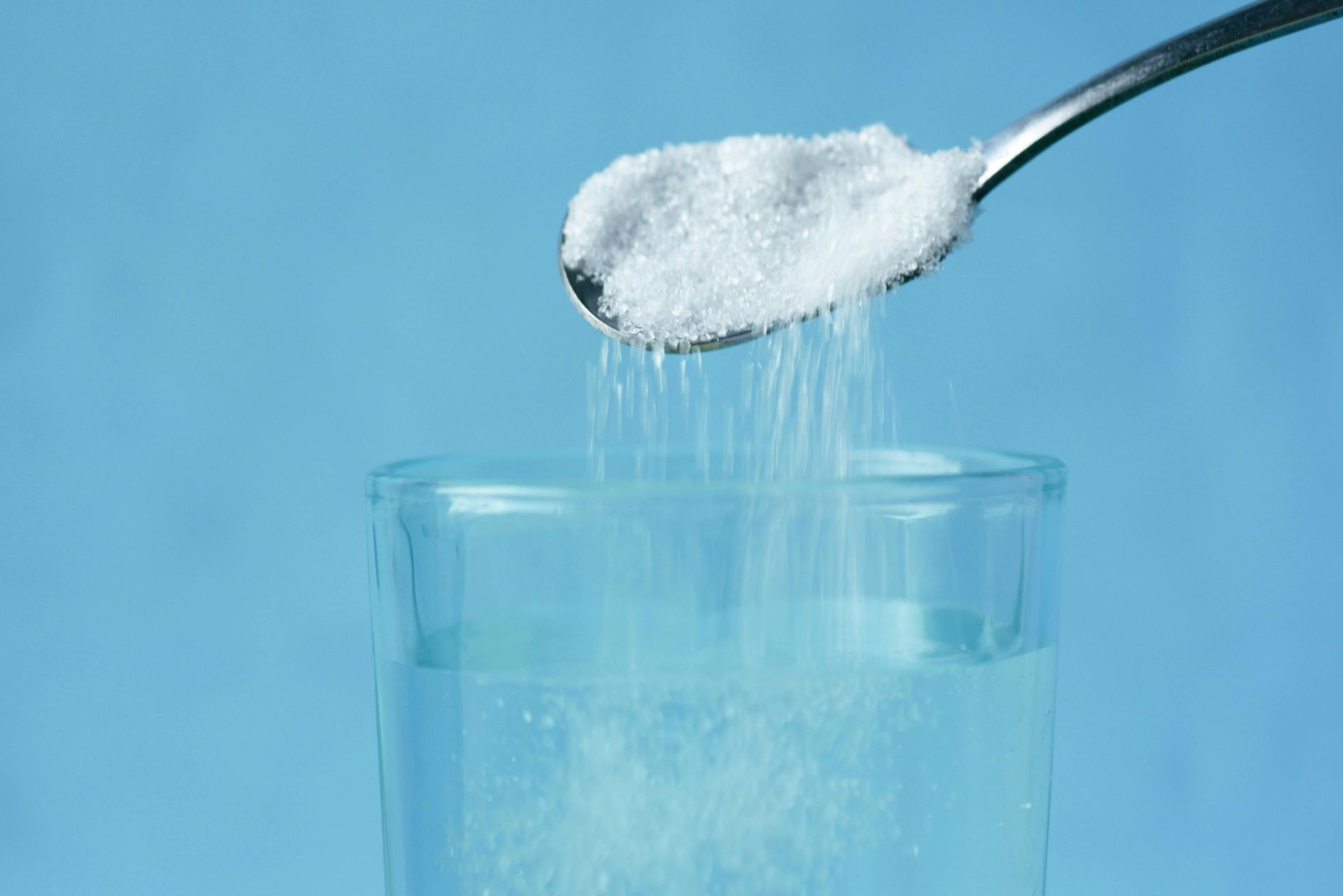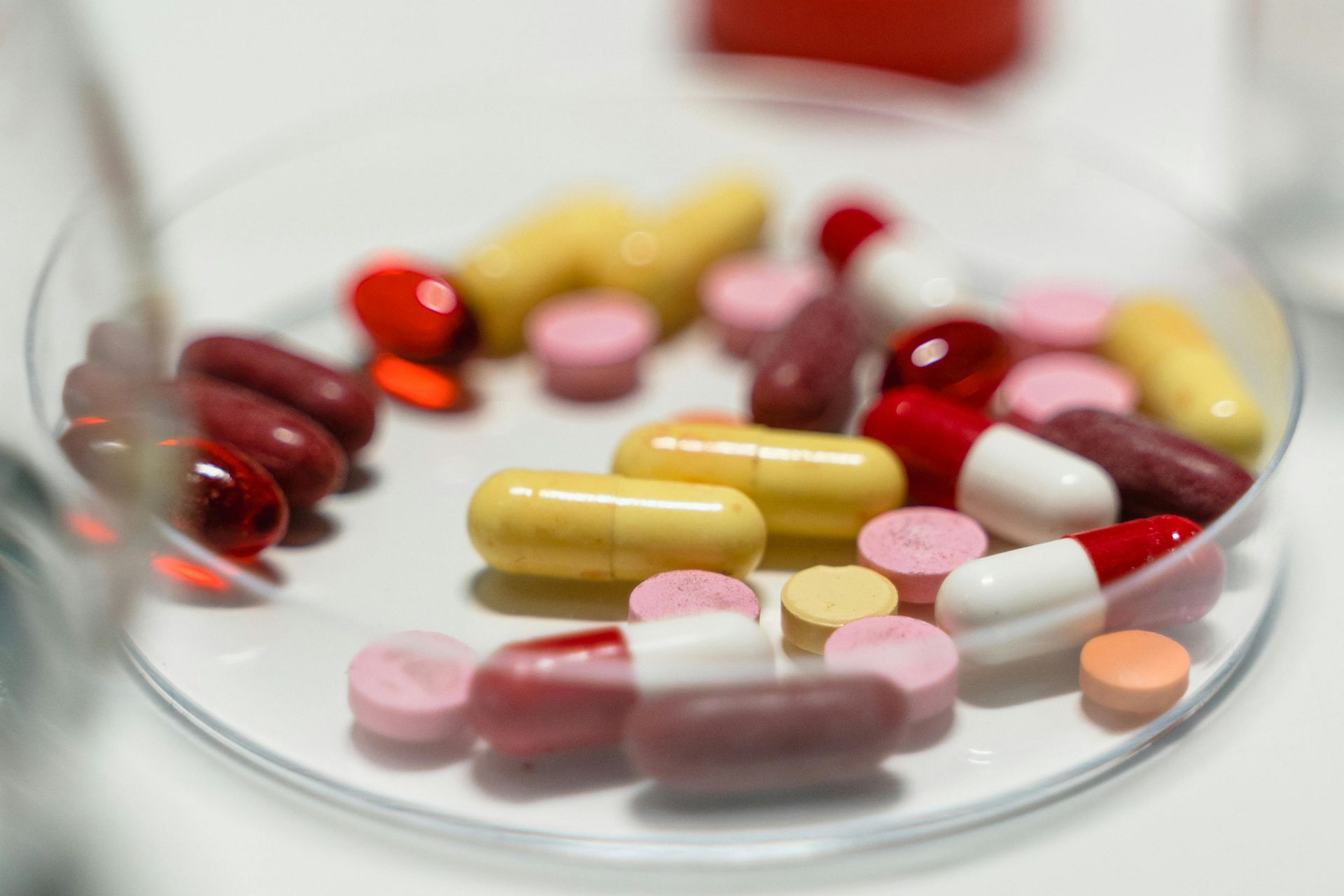PCOS and the Power of a Low Glycemic Diet

Polycystic Ovary Syndrome (PCOS) is a complex hormonal disorder that affects millions of women worldwide. It is a leading cause of infertility and is often associated with insulin resistance, irregular menstrual cycles, and an increased risk of developing type 2 diabetes and cardiovascular disease. Despite its challenges, there is strong evidence that dietary and lifestyle modifications, particularly a low glycemic index (GI) eating plan combined with exercise, can significantly improve symptoms and overall health outcomes in women with PCOS.
Understanding PCOS: The Physiology and Pathophysiology
- PCOS is primarily a hormonal imbalance in which the ovaries produce excessive androgens (male hormones), leading to symptoms such as irregular menstrual cycles, acne, excessive hair growth (hirsutism), and difficulty with weight management. A key underlying feature of PCOS is insulin resistance, where the body's cells become less responsive to insulin, leading to higher insulin levels in the blood. This excess insulin stimulates the ovaries to produce more androgens, exacerbating PCOS symptoms.
- The pathophysiology of PCOS is complex and involves dysregulation of the hypothalamic-pituitary-ovarian (HPO) axis, increased luteinizing hormone (LH) secretion, and disrupted gonadotropin pulsatility. This hormonal imbalance impairs ovulation, leading to menstrual irregularities and infertility.
The Role of a Low Glycemic Diet in PCOS
Numerous studies have shown that adopting a low glycemic index diet can significantly improve PCOS symptoms. A six-month study involving 18 women with PCOS who followed a low GI diet and engaged in moderate exercise found remarkable benefits:
- 11% reduction in central fat
- 71% improvement in insulin sensitivity
- 33% decrease in fasting insulin levels
- 39% decrease in LH
- 50% of participants began ovulating again
Additionally, another study found that weight loss alone helped 60% of women with PCOS conceive without medical intervention. This highlights the profound impact that lifestyle modifications can have on reproductive health in women with PCOS.
Weight Loss and PCOS: A Path to Hormonal Balance
Weight loss, even in modest amounts, has been shown to improve multiple PCOS-related symptoms, including:
- Signs of hyperandrogenism (such as excessive hair growth and acne)
- Menstrual irregularities (helping restore regular cycles)
- Hyperinsulinemia (reducing the risk of type 2 diabetes)
- Ovulation and fertility (increasing the chances of natural conception)
- Gonadotropin pulsatility (improving hormonal balance and reproductive function)
- Prevention of type 2 diabetes and cardiovascular disease
A 2019 study confirmed that lifestyle interventions improve the free androgen index, weight, and BMI in women with PCOS. Another recent study found that 63% of women in a clinical research setting successfully achieved weight loss despite a high attrition rate. Notably, high baseline depression symptoms were associated with increased dropout rates, while greater appointment adherence was linked to improved weight loss success. This underscores the importance of psychological support and mindfulness in PCOS management—a core component of the 10 + 20 Program, which incorporates guidance from a licensed clinical psychologist to address mental health and emotional eating patterns.
Exercise: A Critical Component of PCOS Management
Regular physical activity has been extensively studied in PCOS and has been shown to:
- Improve ovulation
- Reduce insulin resistance
- Promote weight loss
- Regulate menstrual cycles
- Decrease hirsutism and other androgen-related symptoms
One medical trial compared the effects of exercise versus a low-calorie diet in women with PCOS. The findings revealed that women who exercised had a higher ovulatory rate, better insulin sensitivity, and a larger reduction in waist circumference than those who solely followed a calorie-restricted diet. These results highlight that exercise should not be overlooked in PCOS treatment, as it plays a crucial role in hormone regulation and metabolic health.
Additionally, another study found statistically significant improvements in menstrual cycle regularity, hirsutism, BMI, waist circumference, weight, and waist-hip ratio in women who exercised regularly. Interestingly, the study also demonstrated that adding metformin to an exercise regimen provided additional benefits. However, it is important to note that metformin can deplete the body’s reserves of coenzyme Q10 and B vitamins—nutrients essential for energy production and metabolic function. Women taking metformin should consider supplementation to prevent deficiencies.
The 10 + 20 Approach to PCOS Management
The 10 + 20 Program aligns with the latest research on PCOS management by combining:
- A low glycemic, whole-food diet to stabilize blood sugar and insulin levels
- Structured fitness support to promote weight loss and improve ovulation
- Psychological support and mindfulness coaching to address emotional well-being and enhance adherence
By taking a holistic, physician-guided approach to PCOS, the 10 + 20 Program empowers women to take control of their health, improve their symptoms, and restore hormonal balance naturally.
Final Thoughts
PCOS is a challenging condition, but with the right approach, women can significantly improve their symptoms and overall quality of life. A low glycemic diet, combined with regular exercise and psychological support, is one of the most effective, evidence-based strategies to combat insulin resistance, regulate hormones, and restore fertility.
If you or someone you know is struggling with PCOS, consider making these lifestyle changes today. The 10 + 20 Program is here to support you every step of the way, providing the tools, knowledge, and community needed to reclaim your health.



